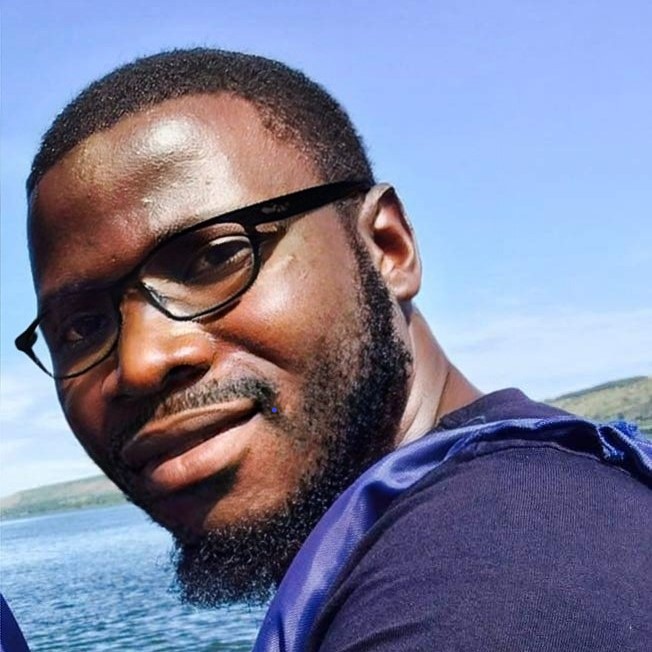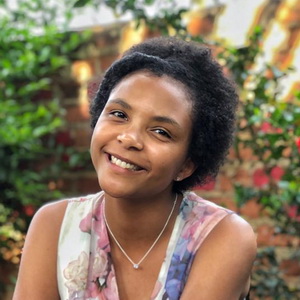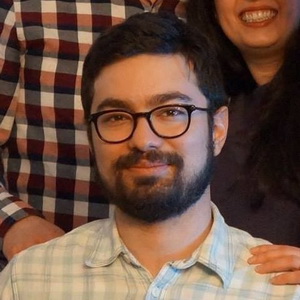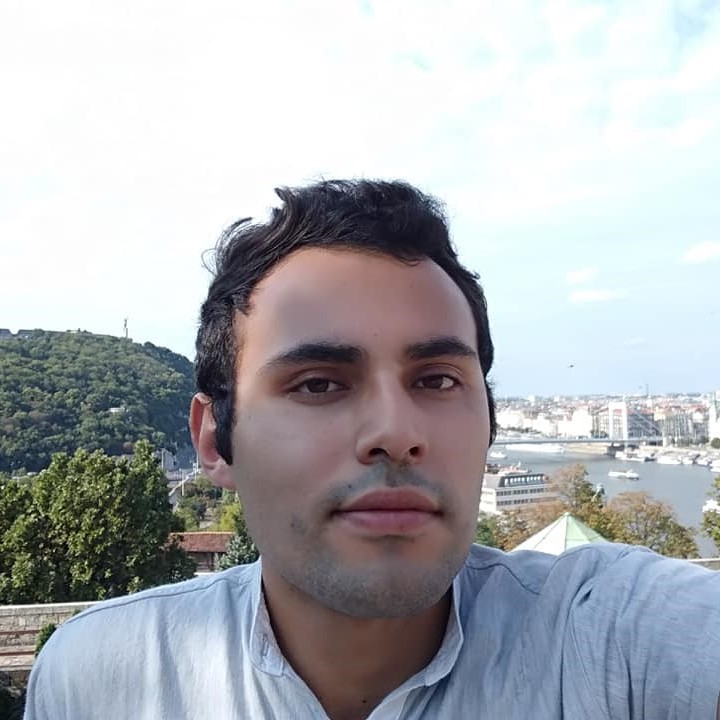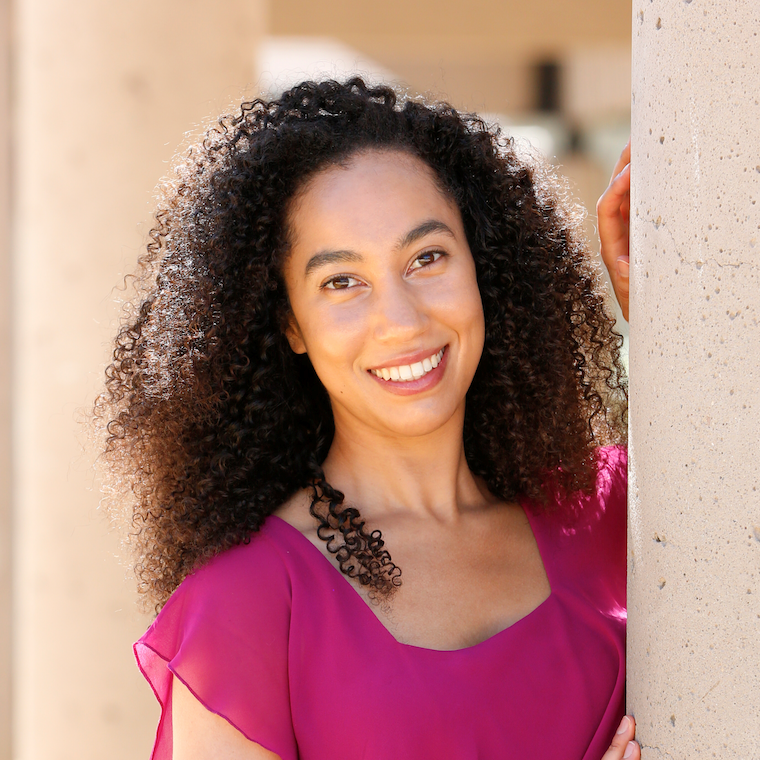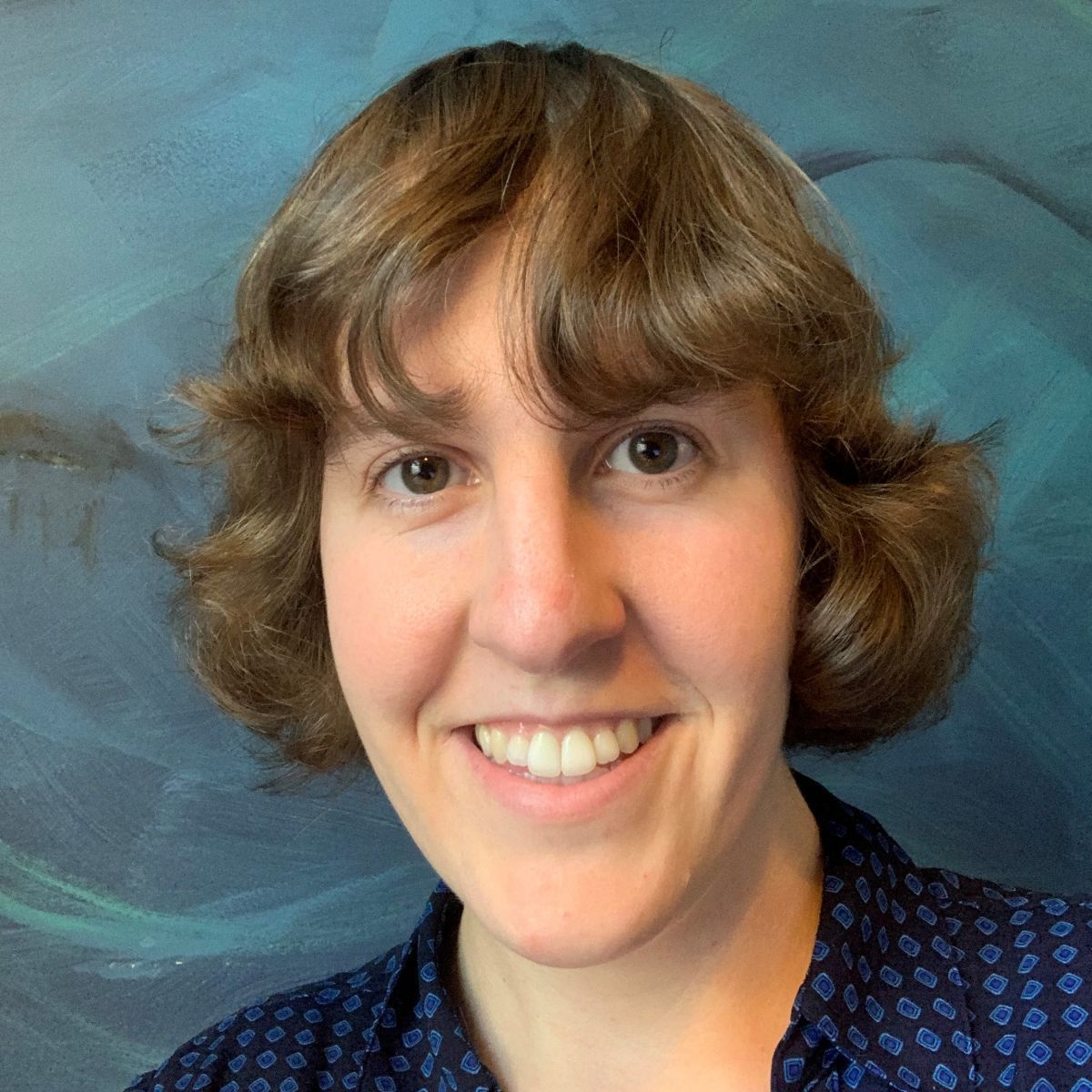Demander, ne pas imposer: comment le gouvernement devrait impliquer les communautés sur le sujet du changement climatique
Les communautés et les ONG locales ont une meilleure vision que le gouvernement sur les politiques environnementales. Les communautés devraient mener la transition énergétique en Ukraine.
Ukraine, Eastern Europe
Story by Illia Yeremenko. Translated by Emile Muller
Published on January 23, 2021.
This story is also available in 







L'année dernière, l'Ukraine a tenu deux élections, [1] et le nouveau gouvernement a changé la politique environnementale en Ukraine. Le Ministère de l’Energie et de l’Industrie Charbonnière et le Ministère de la Protection de l’Environnement ont fusionnés en une seule structure, baptisée « Ministère de l’Energie et de la Protection de l’Environnement ». Par la suite, le nouveau ministre de l'Energie et de l'Environnement a proposé un « Green New Deal » (Pacte Vert) pour l'Ukraine. [2] Même si je salue l’intention, mon expérience de travail avec les autorités locales me permet d’affirmer que pour en faire une véritable nouvelle donne cette politique devrait faire l’objet de beaucoup plus de discussions avec les parties prenantes à tous les niveaux, et en particulier les autorités locales, avant son adoption.
En 2010, j'ai commencé en tant qu'étudiant bénévole dans une ONG environnementale. Ma première tâche a été d'étudier des projets d'efficacité énergétique dans le district de Manevychi, une petite communauté du nord de l'Ukraine. En parlant aux employés de l'administration du district, j'ai remarqué à quel point ils étaient motivés. Ils voulaient améliorer le confort des citoyens en rendant les équipements publics plus efficaces. S'il est vrai que tous les fonctionnaires ne sont pas aussi motivés, tous ceux que j'ai rencontrés voulaient améliorer la vie de leurs concitoyens. Cela est particulièrement vrai dans les petites communautés, où les fonctionnaires sont porteurs des besoins de leurs amis et voisins. Par conséquent, je crois que les communautés locales, et non le gouvernement fédéral, devraient diriger cette «nouvelle transformation verte».
Les autorités nationales doivent en prendre conscience ! Dans mon travail à l'ONG, je vois les politiques nationales à travers le regard des fonctionnaires locaux. Le gouvernement élabore des plans au niveau national et ne demande pas l’avis des communautés, or ce manque de consultations entraîne des problèmes de mise en œuvre sur le terrain. Par exemple, les subventions publiques actuelles pour réduire le budget énergétique des familles à faible revenu sont conçues de manière à décourager l'efficacité énergétique. Pour avoir droit à une subvention, un ménage doit consommer une certaine quantité de gaz par an. Si un ménage en consomme moins, il perd sa subvention. Par conséquent, ces familles sont incitées à brûler plus de gaz. J'appelle cela une incitation contreproductive.
Un jour, dans un café, j'ai discuté avec des collègues à propos des moyens de réduire l'écart entre les politiques nationales et locales. Cette discussion a débouché sur le plus grand événement que j'ai jamais organisé: le forum « Climate ambitions of cities » [3], en 2019. Nous avons réuni des représentants de 50 autorités locales, dont les maires de sept villes. Lors du forum, 21 municipalités ont signé la déclaration du forum, qui appelle à une plus grande attention de la part de l’État aux développements locaux, en particulier dans les domaines de l’énergie verte et du climat. Il s'agissait de l'événement le plus important et le plus marquant jamais organisé par la société civile ukrainienne dans le domaine de l'énergie.
De nombreux participants ont exprimé leur soutien à l'idée d'une meilleure collaboration entre nivaux locaux et nationaux et à la « nouvelle transformation verte » en général.
J'étais très fier de ce que nous avons accompli.
En tant qu'organisations de la société civile, nous identifions et soutenons les autorités locales qui sont prêtes à s'engager dans des actions climatiques. Si le gouvernement suivait notre exemple, nous serions dans une nouvelle économie verte en un rien de temps.
[1] En savoir plus sur les élections: ici et ici.
[2] Voir la publication du Cabinet des ministres (uniquement en ukrainien). Pour en savoir plus, téléchargez le concept.
[3] Ambitions climatiques des villes.
How does this story make you feel?
Follow-up
Do you have any questions after reading this story? Do you want to follow-up on what you've just read? Get in touch with our team to learn more! Send an email to [email protected].
Talk about this Story
Please enable cookies to view the comments powered by Disqus.
Subscribe to our Monthly Newsletter
Stay up to date with new stories on Correspondents of the World by subscribing to our monthly newsletter:
Other Stories in Français
Explore other Topics
Get involved
At Correspondents of the World, we want to contribute to a better understanding of one another in a world that seems to get smaller by the day - but somehow neglects to bring people closer together as well. We think that one of the most frequent reasons for misunderstanding and unnecessarily heated debates is that we don't really understand how each of us is affected differently by global issues.
Our aim is to change that with every personal story we share.
Community Worldwide
Correspondents of the World is not just this website, but also a great community of people from all over the world. While face-to-face meetings are difficult at the moment, our Facebook Community Group is THE place to be to meet other people invested in Correspondents of the World. We are currently running a series of online-tea talks to get to know each other better.












